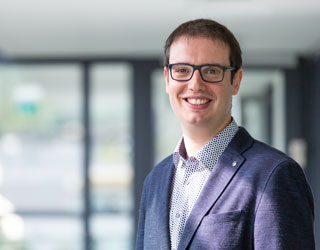Biography
Silverio Martínez-Fernández is an Assistant Professor at UPC-BarcelonaTech since January 2020. PhD in Computing. He was a Post-Doctoral Fellow of the European Research Consortium for Informatics and Mathematics (2016-2018) and operative project manager (2018-2019) in Fraunhofer IESE (Germany). Researcher with more than 50 peer-reviewed publications and H-factor 15 (according to Google Scholar). His interests include Empirical Software Engineering, Green AI, AI-based systems, Software Analytics, and Reference Architectures. In EU framework programmes, he acted as Evaluation WP leader in Q-Rapids (H2020, RIA), and participated in DESIRA (H2020, RIA). He has been PC co-chair in several international conferences and workshops: ESELAW@CIbSE 2021, PROFES 2019, CESI@ICSE 2018 and QuASD@PROFES 2017-2018. He is Editorial Board Member of the SCI-indexed journal IET Software (IEE). He has also been reviewer of multiple journals (e.g. IST, JSS, EMSE, ASE, DKE) and PC member of international conferences (e.g. ESEM, ICSME, ECSA, PROFES, CIbSE).
About the Talk
Developing and operating green AI-based systems: software engineering approaches and challenges
Abstract
Nowadays, Artificial Intelligence (AI) is pervasive in the world we live in. AIâ€based systems, defined as those software systems that integrate AI models and components, have outperformed humans in areas as diverse as image processing or multiâ€object tracking with applications in critical domains such as healthcare and autonomous driving. In this keynote, I introduce end-to-end software development lifecycles to engineer trustworthy AI-based systems, and then summarize software engineering approaches and challenges for building, operating, and maintaining AI-based systems. Furthermore, I highlight the importance on addressing key quality aspects of green AI-based systems, specifically their energy efficiency to reduce their carbon footprint.

